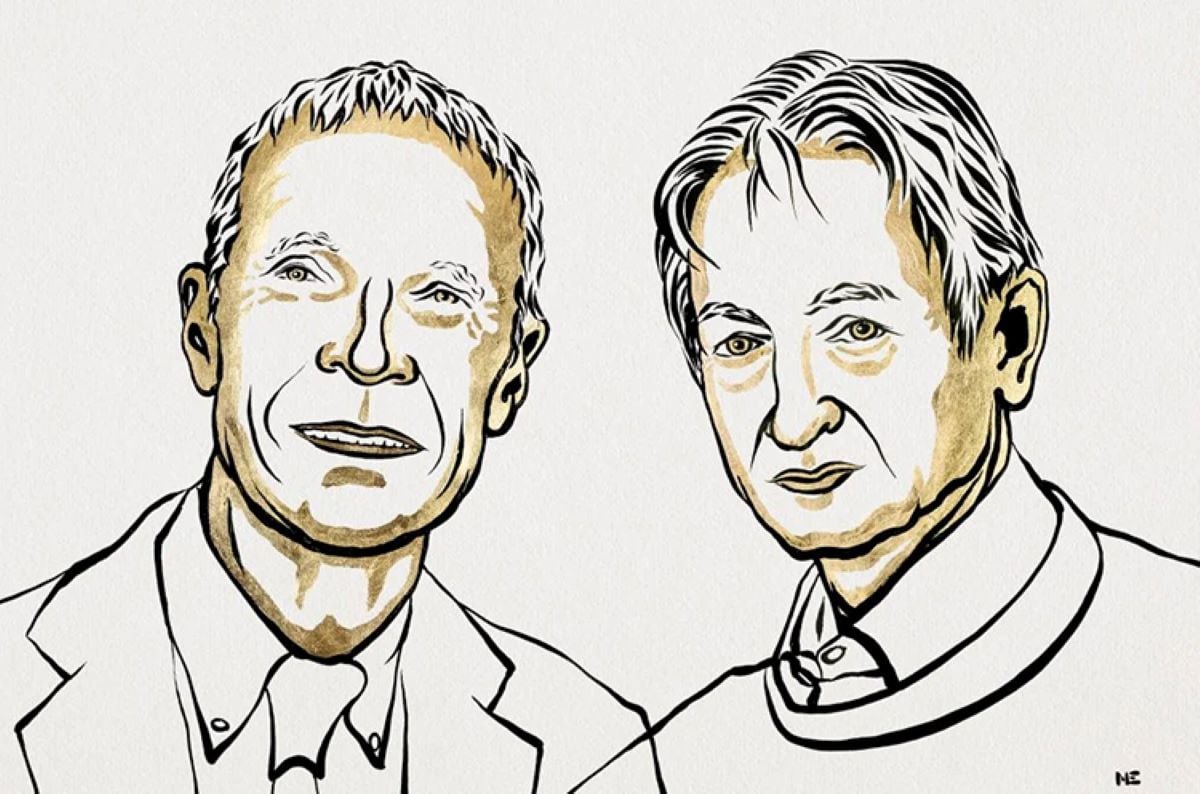Summary: Professors John J. Hopfield and Geoffrey E. Hinton have been awarded the 2024 Nobel Prize in Physics for their groundbreaking work on artificial neural networks, which laid the foundation for modern machine learning.
Hopfield invented a network that recalls saved images by adjusting its “energy” based on physics principles, while Hinton expanded this model to create the Boltzmann machine, enabling it to classify and generate complex patterns. Their work has catalyzed advancements in AI, shaping tools that learn from data and recognize patterns.
These contributions have profoundly influenced both neuroscience and computational science.
Key Facts
- John Hopfield developed a neural network inspired by atomic spin physics.
- Geoffrey Hinton advanced the field with the Boltzmann machine, boosting pattern recognition.
- Their discoveries are central to today’s machine learning and artificial intelligence.
Source: SfN
Professor John J. Hopfield at Princeton University and Professor Geoffrey E. Hinton at the University of Toronto, Canada, were awarded the 2024 Nobel Prize in Physics for their foundational discoveries and inventions that enable machine learning with artificial neural networks. Hopfield was the recipient of the 2012 SfN Swartz Prize for Theoretical and Computational Neuroscience.
John Hopfield invented a network that uses a method for saving and recreating patterns. We can imagine the nodes as pixels.
The Hopfield network utilizes physics that describes a material’s characteristics due to its atomic spin – a property that makes each atom a tiny magnet. The network as a whole is described in a manner equivalent to the energy in the spin system found in physics, and is trained by finding values for the connections between the nodes so that the saved images have low energy.
When the Hopfield network is fed a distorted or incomplete image, it methodically works through the nodes and updates their values so the network’s energy falls. The network thus works stepwise to find the saved image that is most like the imperfect one it was fed with.
Geoffrey Hinton used the Hopfield network as the foundation for a new network that uses a different method: the Boltzmann machine. This can learn to recognize characteristic elements in a given type of data.
Hinton used tools from statistical physics, the science of systems built from many similar components. The machine is trained by feeding it examples that are very likely to arise when the machine is run.
The Boltzmann machine can be used to classify images or create new examples of the type of pattern on which it was trained. Hinton has built upon this work, helping initiate the current explosive development of machine learning.
The Society for Neuroscience honored Hopfield in 2012 with the Swartz Prize for his impact on neuroscience and his creation of a new framework for understanding how neurons interact to create learning and memory.
The Swartz Prize for Theoretical and Computational Neuroscience is given to an individual whose activities have produced a significant cumulative contribution to theoretical models or computational methods in neuroscience or who has made a particularly noteworthy recent advance in theoretical or computational neuroscience. The prize is endowed by the Swartz Foundation.
The Royal Swedish Academy of Sciences, founded in 1739, is an independent organization whose overall objective is to promote the sciences and strengthen their influence in society.
The Academy takes special responsibility for the natural sciences and mathematics, but endeavors to promote the exchange of ideas between various disciplines.
The Nobel Prize amount for 2024 is set at Swedish kronor (SEK) 11.0 million (~$1.1 million) and will be split equally between the laureates.
About this AI and Nobel Prize news
Author: Press Office
Source: SfN
Contact: Press Office – SfN
Image: The image is credited to Ill. Niklas Elmehed © Nobel Prize Outreach

